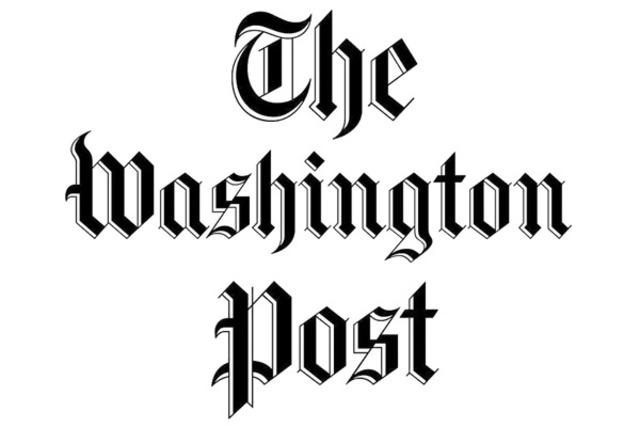Revive the physician-scientist

The novel coronavirus pandemic has exposed weaknesses and revealed a medical ecosystem that is more fragile and less prepared to deal with medical crises than anyone could have imagined. Among the exposed weaknesses is the loss of a critical component of the biomedical workforce: the physician-scientist. Physician-scientists are the all-too-rare doctors whose careers combine patient care and biomedical research. Anthony S. Fauci of the National Institute of Allergy and Infectious Diseases is a quintessential example. Research by physician-scientists has led to some of the most important medical advances such as penicillin for infection, chemotherapies for cancer and statins for heart disease.
Unfortunately, the physician-scientist workforce has been on the decline for decades. The most recent data shows that less than 1.5 percent of all U.S. doctors do research. We need a well-trained group of readied physician-scientists who can be deployed at any time to meet our nation’s medical needs, whether a coronavirus pandemic or other health emergencies.
A solution to the decline of physician-scientists is the establishment of a national service program supported by public-private partnerships. Specifically, such a program would provide sustained mentorship and financial support to the best and brightest medical students and residents to develop an intense research-based career. In return, these individuals would dedicate themselves to life-long careers as physician-scientists. Like reservists, they will be available to serve in national crises. They will be mobilized in times of need to tackle unmet medical challenges.
We are asking leaders in academia, business and government to join us to rebuild the physician-scientist workforce. We cannot leave the nation’s health care in disrepair. Let us work together to ensure that we have outstanding medical research and patient care to safeguard the healthy living that everyone deserves.
Vivian G. Cheung is an investigator at the Howard Hughes Medical Institute and a professor of pediatrics at the University of Michigan’s Life Sciences Institute. P.J. Utz is professor and associate dean for medical student research at Stanford University School of Medicine. Mukesh K. Jain is chief academic officer at University Hospitals and professor at Case Western Reserve University. They are all members of the Physician-Scientist Support Foundation.




